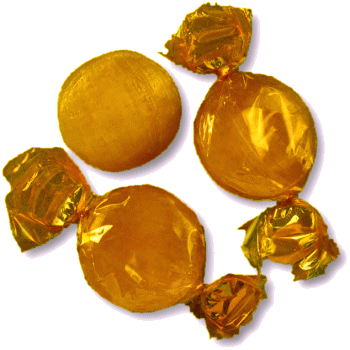




WELCOME TO AN ENTERTAINMENT SITE FOR SCOTTISH COUNTRY DANCERS!
Enjoy this curated selection of theme-related dances for celebrations and holidays, or find a dance associated with a special calendar day, or EVEN your own birthday!
Jan 6

Shortbread Day
Shortbread Fingers
Other Scottish Country Dances for this Day
Today's Musings, History & Folklore
"Shortbread is not bread
And shortbread is not short.
It is medium in length and a biscuit, of sorts.
And it commonly comes in a tartan type tin
That is just long enough to keep shortbread in."
~ Anonymous
Regardless of shape, Scottish shortbread starts with just four ingredients: butter, salt, sugar, and flour. Intrepid bakers and top chefs have added modern touches such as browning the butter; toasting the sugar; adding cornstarch; and coating the baking pan with a generous layer of Demerara sugar to give the shortbread a nice granular topping. But for traditional and regional shortbread variations, try a recipe for Pitcaithly Bannock (made with almonds, caraway seeds, and crystallized orange) or Yetholm Bannock (which includes chopped ginger)! Yum!
Shortbread Fingers
One of the world's most well-known commercial shortbreads is Walkers, known for their colourful tins!
According to their company history, the Walker family started baking shortbread in the Speyside village of Aberlour, surrounded by the picturesque landscape of the Scottish highlands, in 1898 and remain there to this day. The company is still in the hands of the original family, started by Joseph Walker in his village bakery in 1898.
There are two different explanations for the name of this most loved biscuit. Some sources cite the crumbly or “short” texture of the product. Others attribute the name to its high percentage of shortening, or butter (the word “shortening” refers to any fat). Butteriness is an important quality in shortbread - so much so that in 1921 the British government legislated that a product called shortbread must get at least 51% of its fat from real butter. Outside of the U.K., however, there is no such requirement. If you're in a hurry and need to purchase some storebought shortbread, check the label to ensure yourself a true butter shortbread experience!
Walkers even now provides a gluten-free shortbread!
For more about this company, click the shortbread fingers!
Click the dance cribs or description below to link to a printable version of the dance!






